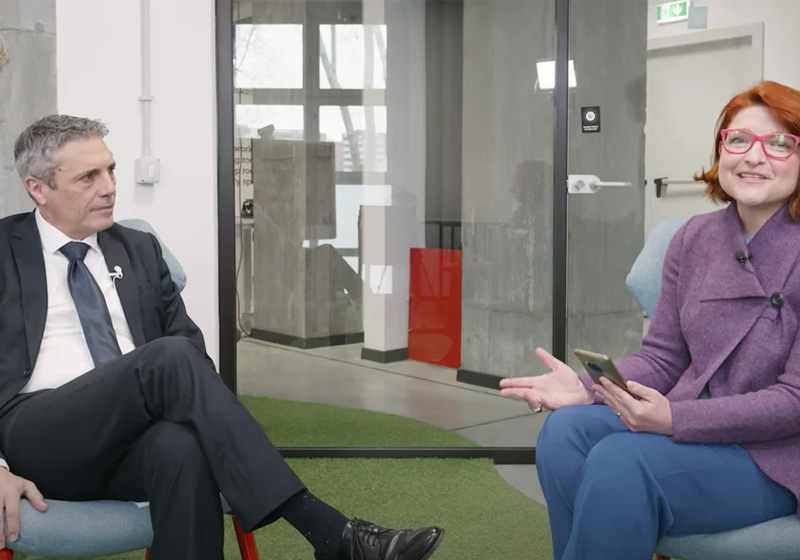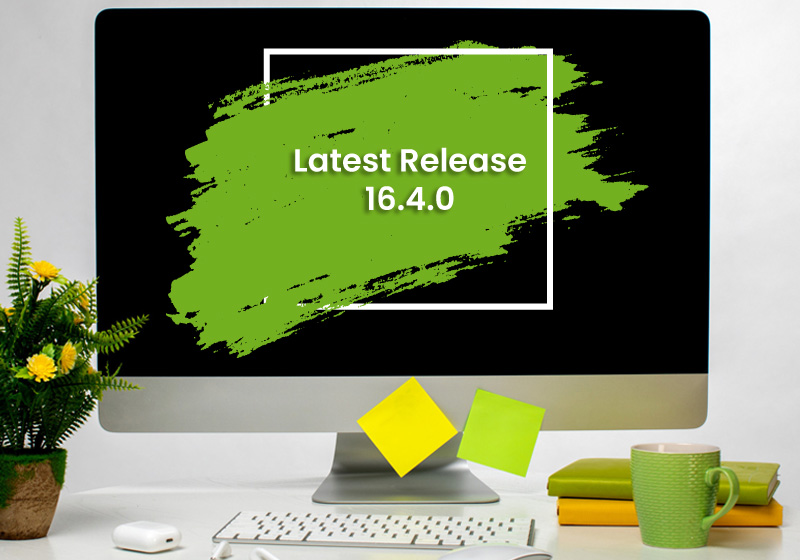Source: MEF Ministry of Economy and Finance

Mind-boggling numbers if we think about the complexity that each electronic order entails in terms of controls, notifications and transmissions, with errors and delays commonplace. From 1 February 2020, it has become mandatory for all entities of the National Health Service to send purchase orders relating to goods, such as drugs or medical devices, exclusively through the Nodo Smistamento Ordini (NSO), the system for validating and the transmission of electronic documents which electronically manages the exchange of all purchase orders from National Health Service Bodies (SNN).
A legal obligation which at the same time represents a turning point for companies which, through the use of specific software, can manage sales orders received from the Public Administration in a simplified and secure manner. A rapidly expanding Italian company, among the first suppliers of trauma devices marketed throughout the world, turned to Interzen to fulfill this obligation.

The implementation of the platform in the Cloud ZenE-Orders allowed the customer to automate the entire cycle of sales orders received from the Public Administration in total safety and compliance. From the reception to the sorting of orders and electronic delivery notes.

What are the order cycle phases managed by the ZenE-Orders platform through NSO and PEPPOL network?
- Order generation
The purchasing body, company or public institution, generates a purchase order. The order is filled out with all the necessary information. - Transmission to NSO / PEPPOL
The generated order is sent to the Nodo Smistamento Ordini / PEPPOL network. Here, it is validated, converted into a standardized format and sent to the supplier via secure communication channels and protocols. - Receipt by the supplier
The supplier receives the order from the NSO / PEPPOL. - Order Processing
The supplier receives the electronic order, which is already formatted according to NSO / PEPPOL standards. The supplier’s system can automatically process the order, entering the data into its business systems to begin the process of preparing and shipping the requested products or services. - Receipt notification
After processing the order, the supplier sends a notification of receipt to the NSO / PEPPOL. This notification certifies that the order has been received and is progressing through the processing cycle. - Generation of Transport Documents
The supplier generates the electronic Transport Document (DDR) associated with the order with all the details on the shipment (e.g. recipient data, expected delivery date). - Sending the Delivdry Note to the PEPPOL network
The electronic delivery note is sent to the PEPPOL network, which transmits it to the purchasing body. This document notifies the buyer about the shipment of the products and allows you to track the delivery. The PEPPOL network generates a receipt certifying that the Delivery Note has been correctly delivered to the recipient.
With the guarantee of a Certified and highly experienced Partner:
- NSO and SDI Accredited Intermediary.
- Open Peppol Member
- Access Point provider (AP) and Service Metadata Publisher (SMP) in the Peppol network
The automatic, secure and legally compliant Cloud platform that allows you to optimize time, costs and resources by automating the entire cycle of sales orders received from the Public Administration via the NSO (Nodo Smistamento Ordini) and the Peppol network.
The PEPPOL network, a platform for the exchange of invoices of electronic documents towards the PA, has been facilitating e-procurement processes since 2008 and allows those who join to manage all the documents of the purchasing cycle (Order, Delivery Notes and Invoice ) in Europe and internationally. Emilia Romagna was the first Italian region to use the PEPPOL network for the exchange of all order cycle documents within the Regional Health Service. And many companies are following this trend.
A cutting-edge tool towards a single European digital market.
Contact our experts
for a free consultation



